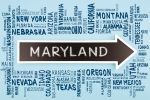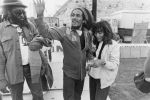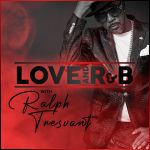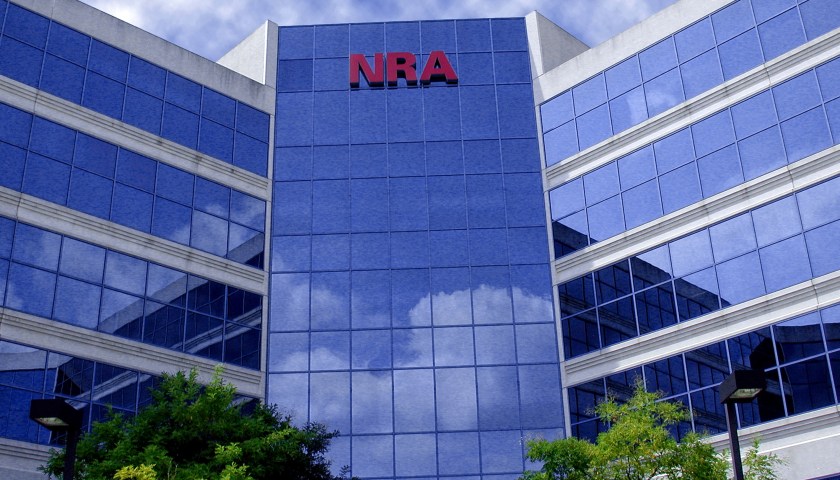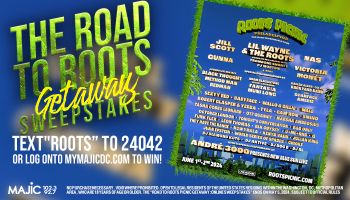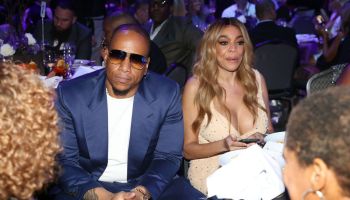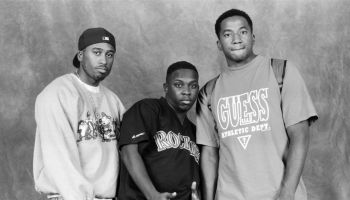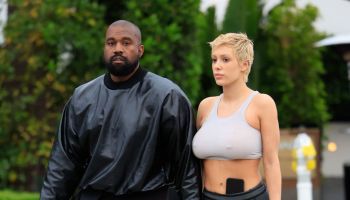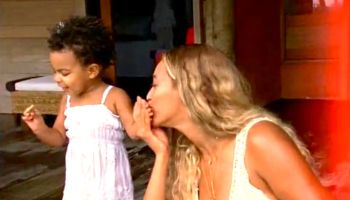Philando Castile’s girlfriend, Diamond Reynolds, was calm when she told responding officer Jeronimo Yanez that Castile was reaching for his license, registration, and gun permit during a traffic stop.
Reynolds said Castile informed Yanez about his concealed gun, while Yanez claims Castile was reaching for his firearm, prompting him to shoot and kill the 32-year-old. The shooting took place last Wednesday in Minnesota, an open carry state.
Castile’s advocates wondered if the NRA would release a statement denouncing his untimely death. Instead, they released this via Twitter:
Castile’s name is conveniently absent.
The NRA has a troublesome history in regards to social injustice, even as it claims to be the “nation’s largest and oldest civil rights organization.”
A day after Castile’s death, Dallas police falsely identified Mark Hughes as a suspect during the hysteria following Thursday’s shooting at a peaceful rally, in which five officers were fatally wounded. The gathering was intended to memorialize Castile and Alton Sterling, another Black man killed by police earlier in the week.
https://twitter.com/WesleyLowery/status/751407787100532736
Hughes was carrying an empty rifle during the march, as Texas is also an open carry state. To add insult to injury, the Dallas Police Department refused to apologize, but they did eventually delete the tweet. Hughes said he’s suffered emotional and physical trauma as a result of the misidentification.
However, the NRA managed to formulate a statement in regards to the slain officers:
No word yet on how the NRA feels about Hughes’ right to carry a firearm and the violation of his civil liberties.
The organization clearly has a messaging problem. In a recent article, The Washington Post explored the NRA’s issue responding to racial injustice.
In response to criticism from social media and commentary from news anchors like Chris Hayes, the NRA posted a message to Facebook featuring lawyer and NRA commentator Colion Noir, who said it’s necessary to locate the facts before jumping to conclusions. Noir also said the criticism is “disingenuous,” and the media irresponsibly “fanned the flames of racial tension.”
Josh Sugarmann, executive director of the Violence Policy Center, summed up the history of the NRA and people of color:
“Until it was recognized that there was a longtime decline in household gun ownership, the NRA essentially ignored communities of color — blacks and Latinos. When they made an appearance in NRA publications, it was in the context of a threat,” Sugarmann said. “What’s happened is that since the 1970s and 1980s, when about half of all Americans had a gun, that’s dropped to about a third, and there’s an acknowledgment that they’re in crisis because the traditional gun-buying public — white males — is dying off. There aren’t enough replacement shooters to fill that void, and so now they’ve been forced to reach out to the communities they once demonized.”
But times are changing and Black gun ownership is steadily increasing. According to a report by the Pew Research Center, the number of Black gun owners rose from 15 percent in 2013 to 19 percent in 2014; 38 percent of the overall majority of gun owners reside in the south.
Philip Smith, founder and president of the National African-American Gun Association, told The Post membership stands at 30,000 and growing.
Smith and other Black gun owners claim that ownership is not about igniting a war with law enforcement, but about protection of the Black body. Until Blacks are considered equal, the notion of gun ownership will incite fear in the hearts of many, and Black citizens will continuously “remain a permanent underclass,” he said.
Nevertheless, certain gun advocates say the NRA may be better off going the neutral route.
Richard Feldman, a former NRA lobbyist, told The Post, “The NRA has always made a huge point of noting that our gun laws in this country have been discriminatory against blacks and women and other minorities. At this point, it’s probably better to be criticized for not saying anything than for saying something.”
So NewsOne, should the NRA make social justice statements in regards to Black gun owners like Castile and Hughes?
SOURCE: The Washington Post, Pew Research Center, Facebook | PHOTO CREDIT: Getty, Twitter
SEE ALSO:
Black Dallas ER Doctor Shares His Pain & Fear Of Law Enforcement
Do Black Lives Matter To The NRA? was originally published on newsone.com

